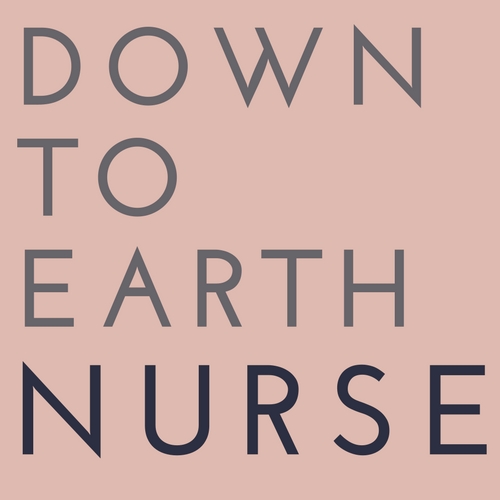
It’s one of those things they don’t exactly teach you in nursing school – how to call doctors!
I can still remember the feelings I had when calling doctors as a new nurse.
The palpitations during each ring, followed by my stumbling through some rough form of an SBAR while praying the MD was in a good mood…
Unfortunately, I’ve heard a lot of other new nurses talk about struggling with similar insecurities and fears when it comes to speaking up to the MD.
The good news is…it does not have to be such a stressful thing!
These are the tips I’ve learned along the way that will make those phone calls a breeze!

Talk to a fellow nurse before making any calls.
The nurses around you are truly your biggest asset as a new nurse…use them!
Whatever your situation, they have likely experienced something similar, made a mistake or two you can learn from, and offer useful advice for handling it appropriately.
Check your PRN orders.
There are few things more embarrassing than calling a physician, going through an entire explanation, only for them to ask you if you’ve bothered to check your PRN orders.

Some doctors put in “as needed” orders for things besides pain meds. If you’re lucky enough to be working with one of these doctors, you might find surprise as needed gems already in place! Take note of PRN orders like Benedryl for allergic reaction, or collecting a urine sample for C&S if symptomatic.
It’s easy to get caught up in the rush of an emergency or the stress of juggling several other patients…but this quick step can save you both face and time.
Focus on the main points – LESS IS MORE!
An important part of being a good nurse is the ability to recall all kinds of details about our patients.
However…
This phone call is not the time to show this off (unless absolutely pertinent or answering follow up questions!).
Be sure you hit key items like the patient’s name and a brief summary (think 5 words or less) of what they’re in for. Typically, this will be enough for you to be able to save everyone’s time and move on to the reason for your call.
End with a specific request, and have a goal in mind.
The most important part of calling the doctor is the takeaway-what order or action you will be implementing to address the problem.
Make sure you have at least a general idea of what you’re expecting or asking from the doctor before you start dialing.
Engage your critical-thinking mindset.
As a nurse, it’s not your responsibility to come up with the orders. But it makes for much better care if your critical thinking mindset is always engaged and anticipating!
When you do get more comfortable, don’t be afraid to make suggestions (not demands!) for what you think is appropriate.
I can’t remember ever having a doctor respond with attitude for me taking initiative and recommending a next step!
Challenge your brain to always be thinking a step ahead rather than expecting the MD to just GIVE you the answer.
Trust your gut.
Don’t be afraid to ask for repeat/clarification if something doesn’t add up. Doctors are human too, and there are times when even they make a mistake or misspeak.
Remember that your knowledge is incredibly valuable and that without the chart or patient directly in front of them, the doctor may not recall of hand about something like an allergy or religious practice which may have an impact on the treatment plan.
Use the chain of command if necessary.
Generally, response time is reasonable…sometimes even impressive! But occasionally, an hour (or more) will go by without any reply.
In this case, it’s a good idea to ask around and see if any of the other nurses have seen or heard from the doctor, since pages may fall through the cracks occasionally.
Depending on your hospital’s policy, my best advice would be to page a second time, wait a reasonable amount of time (trust your nursing judgement based on the situation), then bring up the issue to the charge nurse.
Don’t be afraid to utilize your charge nurse!
You have several other patients you’re responsible for and it’s absolutely appropriate to share this responsibility when you’ve done all you can do. Ultimately, it’s the patient’s well-being and YOUR license, so don’t stress silently!
I’d love to hear your additional tips for success in communicating with doctors…please leave them below and help your fellow nurses with this tricky skill!



